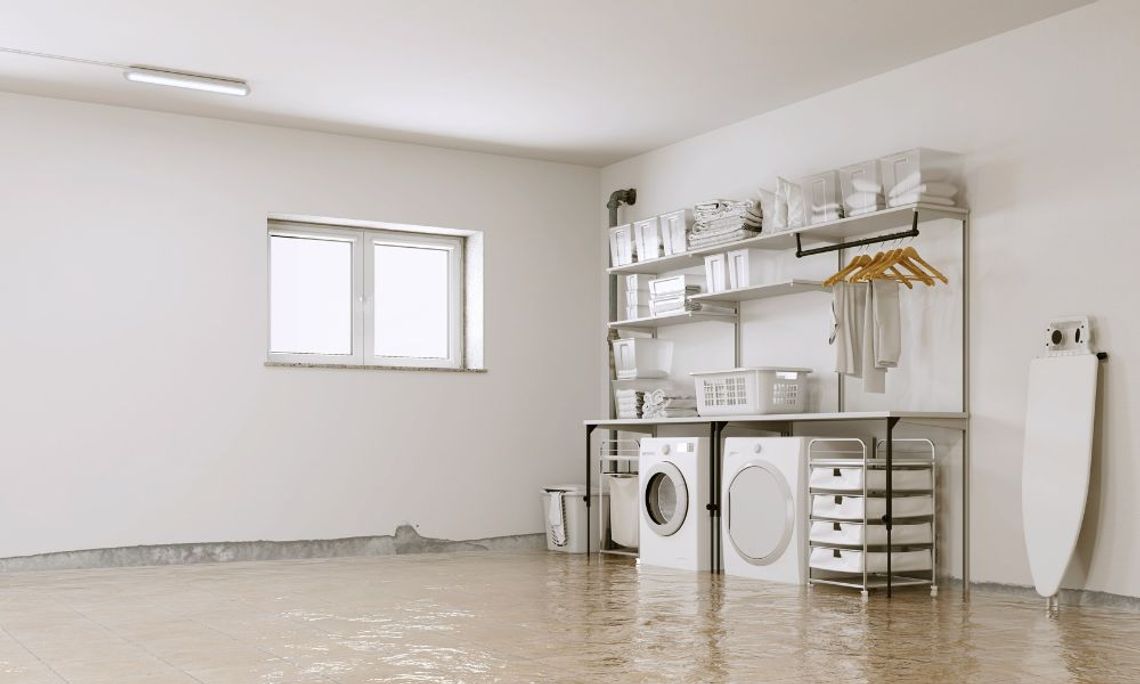There’s nothing worse than a sewage backup in your basement. It’s gross, but it can also be dangerous to your health. It can cause severe illnesses and even death if not cleaned properly.
There are a few things to know when learning how to clean sewage backup in the basement. Let’s look at some of the best tips.
Wear Protective Gear
The first thing you need to do is make sure you’re wearing the proper protective gear. This gear includes gloves, a mask, and eye protection. You don’t want to get any of the sewage water or bacteria on your skin or eyes. Being careless can lead to serious health problems.
Remove the Water
The next step is removing all the water from the affected area. You can do this with a wet/dry vacuum or a sump pump. You want to get rid of as much water as possible to make cleaning easier.
Disinfect the Area
After the water removal, you need to disinfect the area. This disinfection will kill any remaining bacteria and prevent further contamination. You can use a bleach solution or a commercial cleaner for sewage backups. Avoid using cleaners containing ammonia, as this can worsen the situation.
Throw Away Contaminated Items
You must dispose of any items in the affected area that the sewage water contaminated. These items can include clothing, toys, furniture, and anything else. It’s essential to get rid of these items to prevent further contamination.
Clean and Sanitize
After removing all the contaminated items, it’s time to start cleaning and sanitizing the area. The steps to cleaning include:
- Wash all surfaces with a disinfectant solution.
- Rinse surfaces with clean water.
- Dry surfaces completely.
It’s vital to ensure the area is completely dry before you use it again. Otherwise, you could end up with mold or mildew growth.
The last thing you want is a sewage backup in your home. But if it does happen, following these steps will help you clean it up quickly and safely.
Learning how to clean sewage backup in the basement is essential for every homeowner. Following these steps, you can quickly and safely clean up any sewage mess. If the problem keeps happening, understanding what to consider when choosing a plumber can save you time and money in the long run.


Comment
Comments